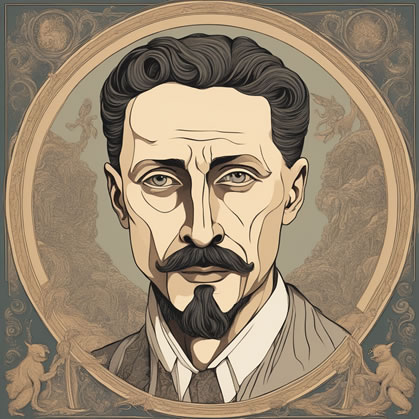All things want to float.
Rainer Maria Rilke
The spiritual journey is not a matter of consciousness or goodness or godliness, it’s a matter of relative density. There is an altitude of perspective at which you were designed to reside, but you are currently at, not just at a lower level, but a lower stratum. Instead of achieving your natural point of neutral buoyancy, you had your emotional energy outflow restricted and rerouted, forcing you to settle into a negative buoyancy at an unnatural depth. Restoring free flow is accomplished by unclogging pipes full of emotional sludge; it’s that simple but not that easy. This obstruction has created what, in any healthy human, would be viewed as an abomination, a grown-up in a child’s body, except it’s the other way around. Your body continued to grow while your heart and mind were trapped at a pre-teen level; still an abomination but less visible and, because it applies to everyone, more acceptable. That’s the halfborn phenomenon that defines humanity in a nutshell, and only you and I and a handful of others seem to know about it.
Log In or Register to Continue
Rainer Maria Rilke was an influential Bohemian-Austrian poet and novelist of the early 20th century. Known for his lyrical and deeply philosophical works, Rilke explored themes of existentialism, spirituality, and the human condition. His most famous works include “Duino Elegies” and “Sonnets to Orpheus”. Rilke’s introspective style and profound insights into the nature of art and existence continue to inspire readers and writers worldwide.

